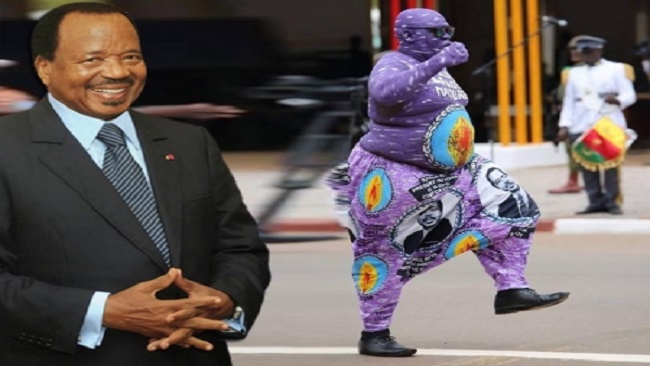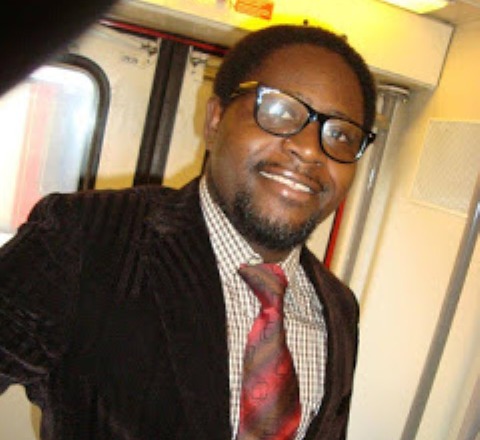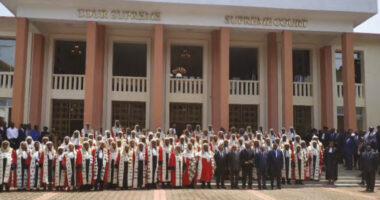‘Special Status’ A Sham: Experts Slam Biya’s Failed Anglophone Policy
By Andre Momo
Four years after the Cameroonian government announced a so-called “special status” for the Northwest and Southwest regions, a growing consensus has emerged: the policy is a political smokescreen. A recent analysis by the Institute for Security Studies (ISS) has torn apart the façade, labeling the measure vague, toothless, and fundamentally disconnected from the aspirations of the Anglophone people.
Originally presented as a breakthrough following the 2019 Major National Dialogue, the special status was intended to pacify growing demands for autonomy and halt the bloody conflict that has engulfed Southern Cameroons since 2016. Instead, it has done little more than offer symbolic concessions, while the state continues to enforce its will through military occupation and administrative fiat.
A Hollow Promise
According to the ISS report, the special status policy lacks the essential features of meaningful autonomy. It provides no real legislative power, no financial independence, and no guarantees of cultural preservation. Instead, it recycles old structures—such as regional councils and local governors—that remain tightly controlled by the central government in Yaoundé.
“There was no genuine consultation with local communities or civil society in the formulation of this policy,” the ISS analysis notes. “As such, the so-called ‘special status’ has failed to address the root causes of the Anglophone crisis: political marginalization, cultural erasure, and a history of broken promises.”
Militarization Persists, Dialogue Eludes
Rather than charting a new path toward peace, the Biya regime has continued its reliance on militarization to suppress dissent. Security forces occupy schools, raid villages, and operate with near-total impunity. Reports of human rights violations—including arbitrary arrests, torture, and extrajudicial killings—continue to surface with disturbing regularity.
This violent backdrop renders the special status policy not just ineffective, but insulting. It is an empty shell, propped up by propaganda and international diplomacy, while the people it purports to empower continue to live under siege.
The Real Demands: Autonomy or Independence
For many in Southern Cameroons, the issue is not one of bureaucratic tweaks or cosmetic reforms. The struggle is rooted in decades of systemic neglect, cultural alienation, and broken trust. Federalism—once a middle ground—has lost appeal among large sections of the Anglophone population who now see independence as the only path to true dignity and security.
Any genuine resolution must begin with acknowledging this reality, not dismissing it. It must involve exiled leaders, civil society groups, and community representatives in a neutral, internationally mediated setting. Anything less will be seen as yet another top-down attempt to dictate terms from Yaoundé.
BaretaNews: Time for Real Dialogue, Not Empty Gestures
At BaretaNews, we reject the illusion of the “special status” as a meaningful solution. We echo the call for a real, inclusive, and internationally mediated dialogue—one that places the aspirations of the Anglophone people at the center, not the periphery.
We believe:
-
The current crisis cannot be resolved through symbolic policies or elite compromises.
-
A neutral venue and international mediators are essential for trust and transparency.
-
True autonomy or full independence must be on the table as legitimate outcomes of any negotiation.
Cameroon stands at a crossroads. The regime can either continue down a path of denial and decay, or open itself to the possibility of a new political order—one rooted in justice, equity, and self-determination.
History will remember which choice it made.





